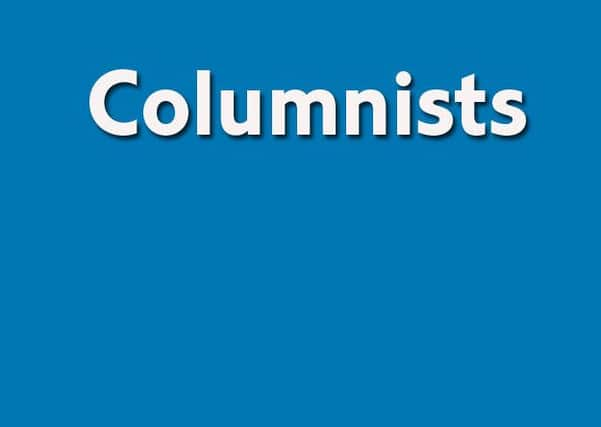Ray Dawe: Delivering the highest quality local services


The level of council tax we pay in the Horsham district is one of the lowest out of the 201 district councils in the country – more than 80 per cent of district councils charge more.
Since 2010, we have been conducting a running programme to look at how we achieve best possible value and efficiency for our residents and currently residents of Horsham district pay only £2.60 a week or £135.54 a year on what is regarded as a ‘typical’ (band D rated) property.
Advertisement
Hide AdAdvertisement
Hide AdWe have been able to avoid any increase in our council tax for four years now.
In West Sussex, we have the lowest council tax and green waste charge of all our neighbouring councils.
Our green waste charge is 50 per cent of the average charged by the other six West Sussex district and borough councils.
Despite this low running cost, we have some of the best parks, open spaces, swimming pools and leisure centres; we are actively promoting new programmes for the development of more affordable homes; we have some of the cleanest streets and the highest recycling rate in the county and we have maintained weekly refuse collections.
Advertisement
Hide AdAdvertisement
Hide AdWhile the council is on course to meet the immediate financial challenge, the future amount of money we will get from the government remains uncertain.
We know that the government’s finances still face a huge challenge as it tries to reduce the national deficit. Virtually every forecaster expects that this will probably mean further reductions over the cuts already made in the support it gives councils.
Some are even predicting that there will be no direct grant from government to councils by 2019.
In some ways we are fortunate that we are one of those councils that already gets less government support than many others in the country, but while future government action is unknown at this time, the period beyond 2015 will almost certainly require us to continue to work on less money and look at how we can create more efficiencies.
Advertisement
Hide AdAdvertisement
Hide AdThis is why we are taking steps to slim down even further, by reducing back-office costs, reducing the amounts spent on running and maintaining office buildings and seeking new efficiencies across all our services.
However, at the same time we must ensure that we have the right office and computer systems and the right pay rates to keep and recruit the staff we rely on to provide those services.
One major demonstration of how we can further reduce costs is the council’s decision to share one office building with the county council from 2015 onwards. This will be of significant help to both councils’ finances.
As part of our efficiency programme, the council is now exploring new and innovative ways of delivering services by setting up an internal commissioning team. This could mean that services continue to be provided from inside the council, by closer working with other councils, or getting another organisation to do it.
Our overall aim remains to deliver the highest quality local services with improved efficiency wherever possible, continually prioritising how to work on diminishing resources.